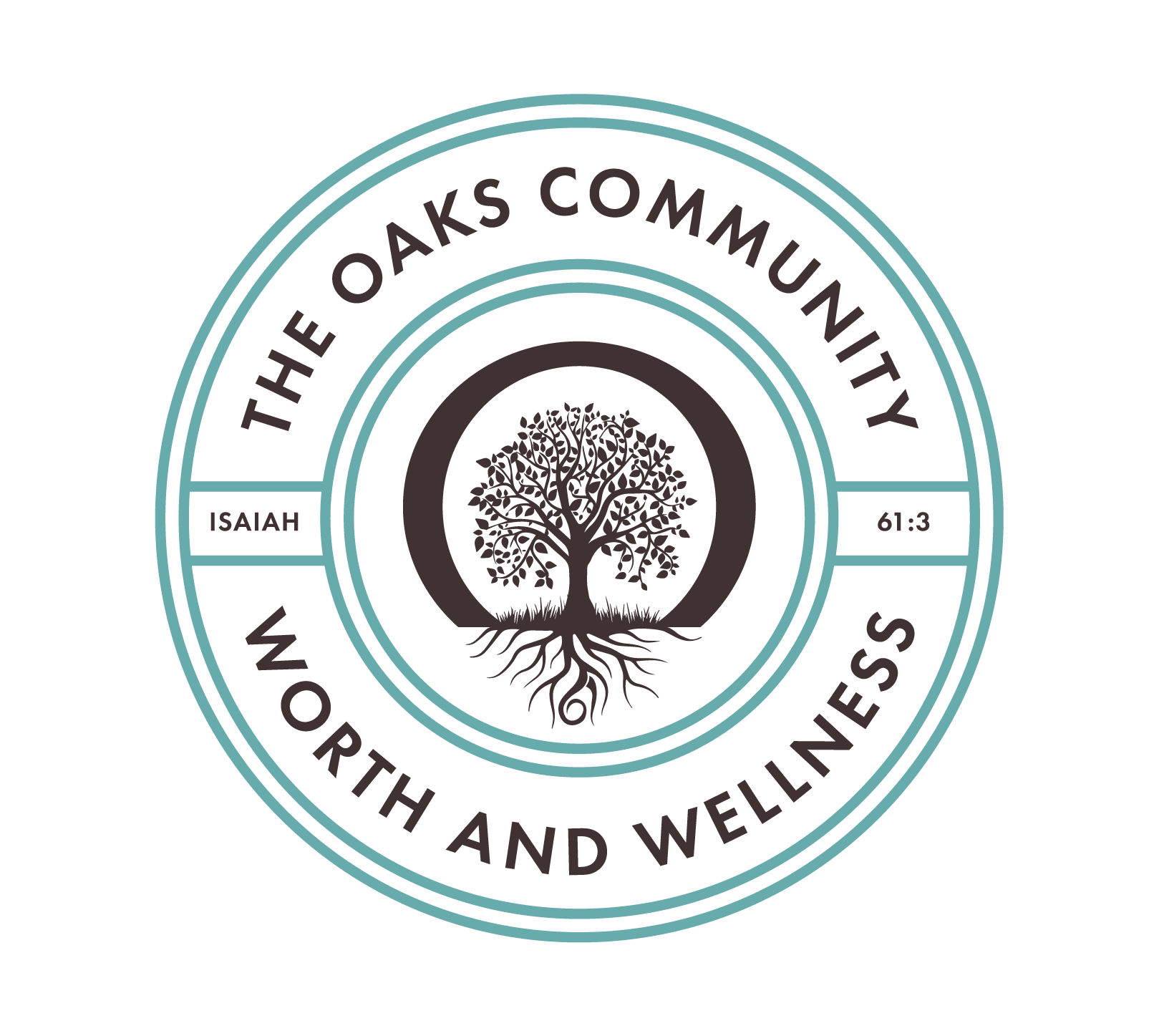Sleep & The Brain
It’s time to Spring Forward. . . .which I never like to hear, because I lose one hour of sleep (but I do like having more daylight). What I don’t like about “spring forward or fall back” is the effects it has on one’s sleep cycle. I can remember as a teacher, when we would “spring forward” my students would be sluggish, and s-l-e-e-p-y. Besides the obvious, why is sleep so important? Sleep regulates our moods, how we respond to stress, focus at school or work, and our physical health. So, what does the brain do when the body is asleep? The brain reprocesses the day’s events, cleans out the “toxins” that can be built up during the day, and consolidates learning and memory. No wonder, sleep is so important.
Before going any further, here are a few terms to know:
Circadian rhythm is the internal clock that our bodies run on in a 24-hour period. The sleep-wake cycle creates consistent, restorative sleep, If this is disrupted, then we are disrupted; therefore, professionals constantly emphasize the importance of routine.
Melatonin is a hormone that our body naturally releases; it helps the body to relax and sleep. If this is not being naturally released, individuals will experience challenges in staying asleep.
As a therapist I see individuals who have experienced extensive trauma, and some of the side effects have been insomnia, restlessness, and fatigue. Unfortunately, trauma does affect individuals’ sleep cycle, and some are unable to repair their brain due to the high stress environment. Over time this can cause extensive physical and mental health problems.
The good news is the brain can repair itself, and you can regain control over your sleep. I have included a few suggestions below.
1- Sleep in a dark room, but not too warm (our body awakens when it is hot)
2- No electronics, including TV (or the TV should be distant enough to not disrupt sleep)
3- Avoid foods that have a high glycemic index (sugar) and caffeine
4- Avoid alcohol
5- Eat foods that include tryptophan (turkey), serotonin, GABA, calcium, potassium, Omega- 3s, and are high in protein
6- Limit travel that creates jet lag
7- Start your day with exercise, don’t “work” while walking or exercising
8- Follow a calming nighttime routine
9- Chamomile before bed or warm almond milk (releases serotonin), but give yourself enough time to go to the bathroom so sleep is not disrupted
Most importantly, incorporate one change and gradually move towards a healthier sleep routine.
Healthy sleep=healthy brain!
Written by: Michelle Gallimore, LCMHC
Clinical Director, The Oaks Therapeutic Community, Inc.
References
Amen, D., (2013). Unleashing the Power of the Female Brain. New York: Harmony Books.
Amen, D., (2020). The End of Mental Illness. New York: Harmony Books.
Naidoo, U. (2020). This is Your Brain on Food. New York: Little, Brown Spark.
National Institute of General Medical Sciences. (2020, March 4). Circadian Rhythms. Retrieved July 6, 2020, fromhttps://www.nigms.nih.gov/education/fact-sheets/Pages/circadian-rhythms.aspx
Revell, V. L., Burgess, H. J., Gazda, C. J., Smith, M. R., Fogg, L. F., and Eastman, C. I. Advancing human circadian rhythms with afternoon melatonin and morning intermittent bright light. J Clin Endocrinol.Metab 2006;91(1):54-59.
Rimmele, U., Spillmann, M., Bartschi, C., Wolf, O. T., Weber, C. S., Ehlert, U., and Wirtz, P. H. Melatonin improves memory acquisition under stress independent of stress hormone release. Psychopharmacology (Berl) 2009;202(4):663-672.
Sollars, P. J., & Pickard, G. E. (2015). The Neurobiology of Circadian Rhythms. The Psychiatric clinics of North America, 38(4), 645–65.https://doi.org/10.1016/j.psc.2015.07.003
Turner, N., (2009). The Hormone Diet. Canada: Random House.

